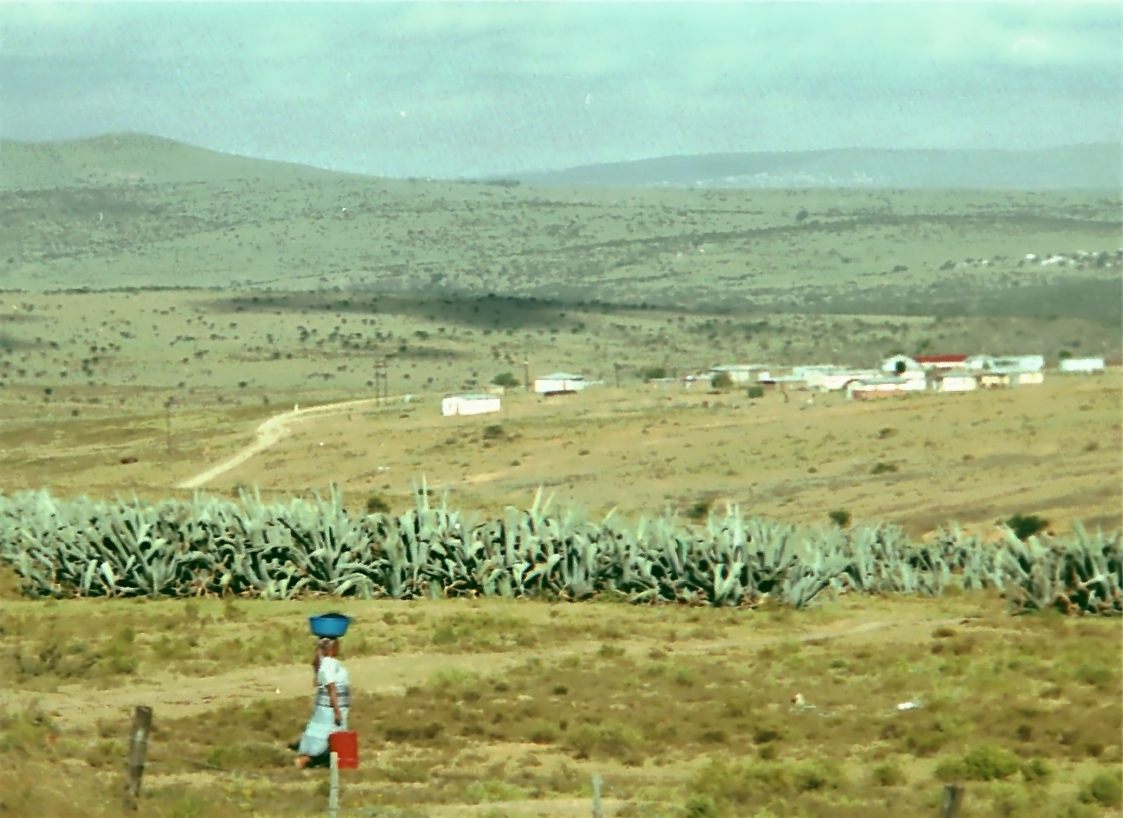|
Bantustans
A Bantustan (also known as Bantu homeland, black homeland, black state or simply homeland; ) was a territory that the National Party administration of South Africa set aside for black inhabitants of South Africa and South West Africa (now Namibia), as part of its policy of apartheid. By extension, outside South Africa the term refers to regions that lack any real legitimacy, consisting often of several unconnected enclaves, or which have emerged from national or international gerrymandering.Macmillan DictionaryBantustan, "1. one of the areas in South Africa where black people lived during the apartheid system; 2. SHOWING DISAPPROVAL any area where people are forced to live without full civil and political rights." The term, first used in the late 1940s, was coined from Bantu' (meaning "people" in some of the Bantu languages) and ''-stan'' (a suffix meaning "land" in the Persian language and some Persian-influenced languages of western, central, and southern Asia). It s ... [...More Info...] [...Related Items...] OR: [Wikipedia] [Google] [Baidu] |
Apartheid
Apartheid (, especially South African English: , ; , "aparthood") was a system of institutionalised racial segregation that existed in South Africa and South West Africa (now Namibia) from 1948 to the early 1990s. Apartheid was characterised by an authoritarian political culture based on '' baasskap'' (boss-hood or boss-ship), which ensured that South Africa was dominated politically, socially, and economically by the nation's minority white population. According to this system of social stratification, white citizens had the highest status, followed by Indians and Coloureds, then black Africans. The economic legacy and social effects of apartheid continue to the present day. Broadly speaking, apartheid was delineated into ''petty apartheid'', which entailed the segregation of public facilities and social events, and ''grand apartheid'', which dictated housing and employment opportunities by race. The first apartheid law was the Prohibition of Mixed Marriages ... [...More Info...] [...Related Items...] OR: [Wikipedia] [Google] [Baidu] |
Ciskei
Ciskei (, or ) was a Bantustan for the Xhosa people-located in the southeast of South Africa. It covered an area of , almost entirely surrounded by what was then the Cape Province, and possessed a small coastline along the shore of the Indian Ocean. Under South Africa's policy of apartheid, land was set aside for black peoples in self-governing territories. Ciskei was designated as one of two homelands, or "Bantustans", for Xhosa-speaking people. Xhosa people were forcibly resettled in the Ciskei and Transkei, the other Xhosa homeland. In contrast to the Transkei, which was largely contiguous and deeply rural, and governed by hereditary chiefs, the area that became the Ciskei had initially been made up of a patchwork of "reserves", interspersed with pockets of white-owned farms. In Ciskei, there were elected headmen and a relatively educated working-class populace, but there was a tendency of the region's black residents—who often worked in East London, Queenstown, and King ... [...More Info...] [...Related Items...] OR: [Wikipedia] [Google] [Baidu] |
People Of Indigenous South African Bantu Languages
South African Bantu-speaking peoples are the majority of black South Africans. Occasionally grouped as Bantu, the term itself is derived from the word for "people" common to many of the Bantu languages. The Oxford Dictionary of South African English describes its contemporary usage in a racial context as "obsolescent and offensive" because of its strong association with white minority rule with their apartheid system. However, Bantu is used without pejorative connotations in other parts of Africa and is still used in South Africa as the group term for the language family. History The history of the Bantu-speaking peoples from South Africa has in the past been misunderstood due to the deliberate spreading of false narratives such as ''The Empty Land Myth''. First published by W.A. Holden in the 1860s, this doctrine claims that South Africa had mostly been an unsettled region and that Bantu-speaking peoples had begun to migrate southwards from present day Zimbabwe at the same ... [...More Info...] [...Related Items...] OR: [Wikipedia] [Google] [Baidu] |

